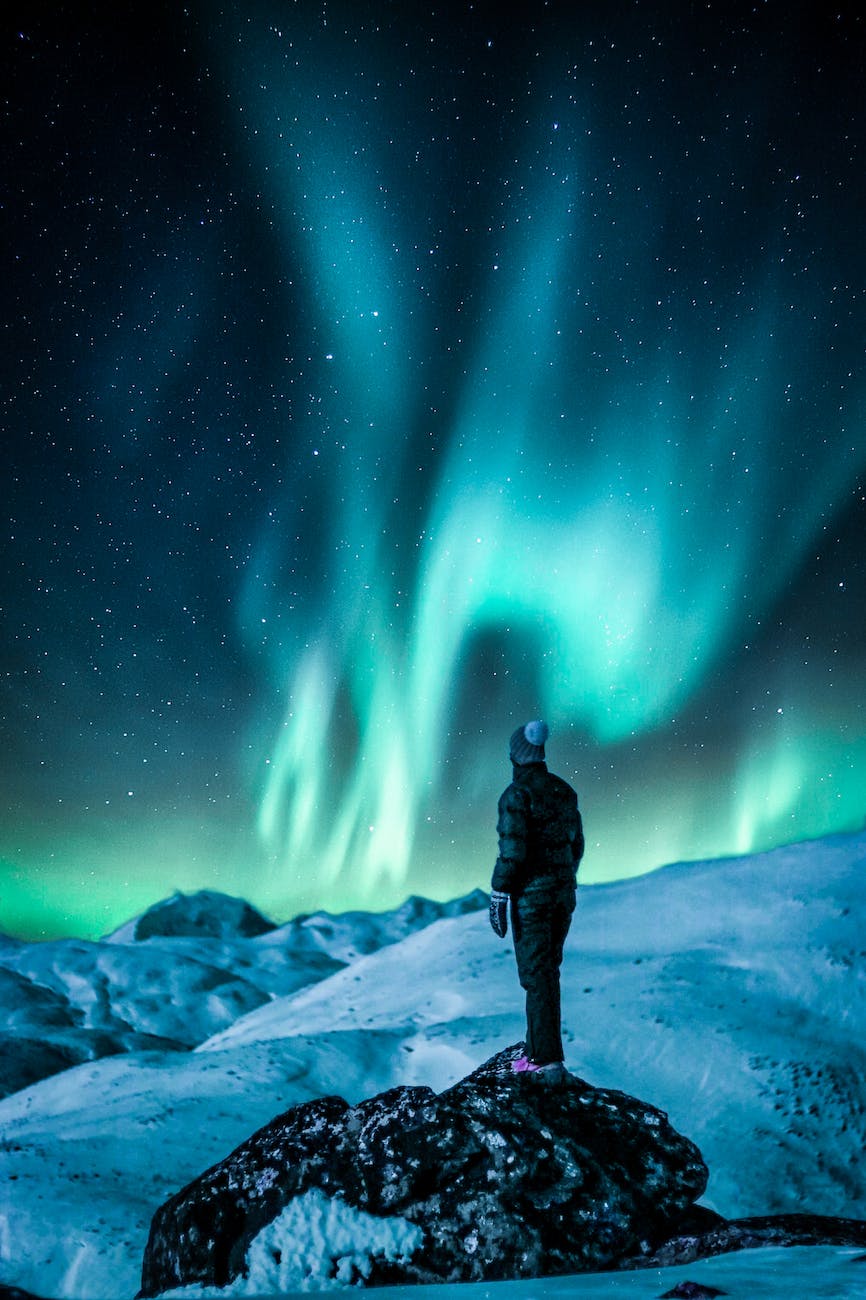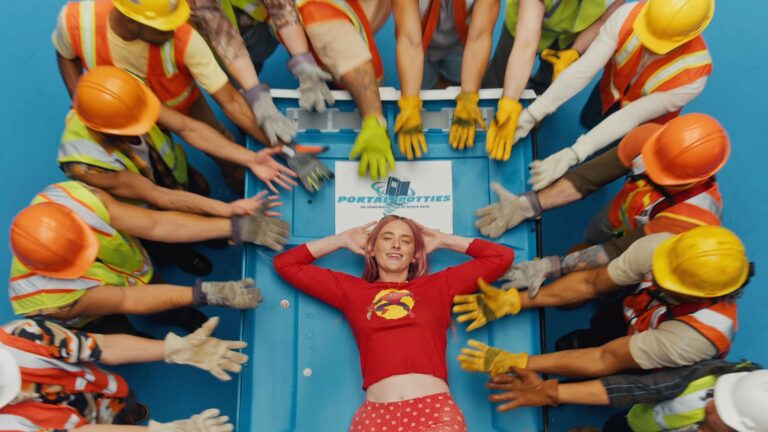Wizardry and Wonder: Modern-Day Technology and the Inconvenient Limits of Human Knowledge!
Science fiction author/screenwriter Arthur C. Clarke once wrote in his work Profiles of the Future: An Inquiry into the Limits of the Possible (1962) that “any sufficiently advanced technology is indistinguishable from magic.” This is a very incisive observation as it accounts not just for technology but the entire relativity of the human condition.
Consider, for instance, some of our most modern innovations—smart phones, automobiles, and artificial intelligence systems like Siri, Alexa, and ChatGPT. For most of us, they are just the normal infrastructure of our everyday lives.
When they work fine, we hardly even realize that they’re there. It’s only when they screw up that we take notice. “Piece of junk,” we might vocalize whenever an issue arises (the Wi-Fi is slow, the battery charge won’t hold, or the home screen freezes).
Now imagine though that someone from the era of William Shakespeare, Thomas Jefferson, or even Theodore Roosevelt time-traveled to the 2020s. They see us put our smartphones in our pockets, and so they ask, “What are those things?” We explain.
“So…you’re telling me that you’ve crammed all the world’s libraries, recording studios and concert halls, theaters, observatories, cartography centers, photographic reels, newspaper collections, letters, translation services, and personal diaries into a pocket device that enables you to instantly speak with and look at people thousands of miles away?!?” “Yes,” we reply. At this point the time-traveler faints from shock or foams at the mouth with suspicions of witchcraft!
Such an occurrence would give us all great pause. Many of the objects or systems we use daily really are far more complicated than we give them credit for. You may be thinking, “Everyone already knows that.” We do. There are plenty of technological innovations that defy the understanding of the average person. “How does the internet, artificial intelligence, or the self-driving car work?” I’m not, however, referring to those types of inquiries.
Take, for example, a washing machine, a bicycle, or a tube of toothpaste. Unless you’re a plumber and a mechanic and a chemist/chemical manufacturer, you probably don’t know what those technologies are really made of or how theywork. I don’t either. You know that you can sit on a bicycle and move the pedals. But if the bicycle breaks down, could you reassemble it from scratch? Some could. Many of us probably couldn’t though.
The issue, of course, then, is not that we need to know how all technological innovations work. There’s not enough time or mental/physical/financial bandwidth to do so. That’s why different people pursue different vocations. The issue instead is more about understanding the limits of our own personal knowledge…how finite it really is… like an infinitesimally tiny star inside a colossal universe!
The boundaries of epistemology can be extremely unsettling. All the major scientists, philosophers, poets, and storytellers over the millennia have realized this. Many existentialists, such as Jean-Paul Sartre and Soren Kierkegaard, have pointed out the predicament this reality puts us in. It isn’t just technology that evades us. What about our health or our personal relationships with other people or that infinite, unknown reservoir we call the future? The more we know the safer we’ll be. Right??? If we can’t be completely certain…what should we do?! How should we act?!
When I was a kid, I had a worrisome, anxiety-driven habit. Every time someone made a claim (“Those fries are safe to eat,” “You’ll do fine on the test,” e.g.) I’d always respond with a desperate rejoinder: “Are you 100% certain?” I wasn’t testing their conviction just to be difficult; I really wanted complete reassurance.
I didn’t realize at the time, though, that my tendency to do so was rooted in obsessive compulsive disorder. OCD is a condition in which a person constantly craves perfection, order, and cleanliness and will perform various rituals (i.e., “compulsions”) to rid themselves of the anxiety those cravings provoke.
The obsessions then were relatively simple. “Are my hands clean?” “Will I die from food poisoning after eating that hamburger?” “Did I put my name on the test? If I didn’t, I’ll fail this class and repeat the 8th grade!” The obsessions now encompass the entirety of existence. “Will I die a horrible and painful death” “Is some major catastrophe right around the corner?” “What if I’m cursed to be forever unlovable?” From an intellectual perspective, these worries are useless and irrational. From an emotional vantage point, though, they make perfect sense. It is like the person afraid of flying who knows the airliner they board will be that one-in-a-million to nosedive into a mountain.
And with that we return to our beloved technologies. Sinks…showers…toilets…refrigerators…car engines…televisions…traffic lights…home computers…jumbo jets and mobile phones. How do any of these technologies work? Could we completely understand them all? Moreover, could we acquire a degree of understanding so thorough and comprehensive that, if it was necessary, we could reinvent everything from scratch? Probably not. It’d take many lifetimes, and most of us don’t have anywhere the time, energy, or resources to do so.
But that anxiety…the one that comes from not knowing…what do we do about it?? I know…it’s difficult and unpleasant (especially if you suffer from OCD or a similar disorder of the mind). Some people may say it’s “a matter of trusting in God.” But if you don’t believe in God, then it’s a matter of trusting in the “magic” of reality. That is to say—Clarke’s version of “magic” …the kind of “magic” that human technology and other major advances make possible!
Discover more from DG Speaks
Subscribe to get the latest posts sent to your email.





One Comment
Comments are closed.